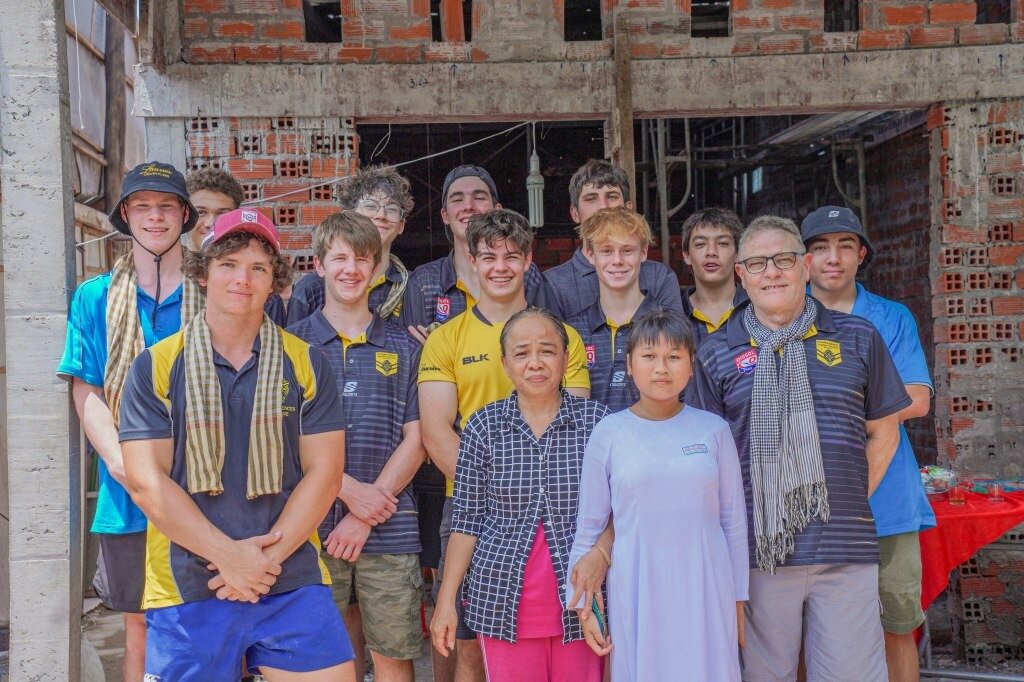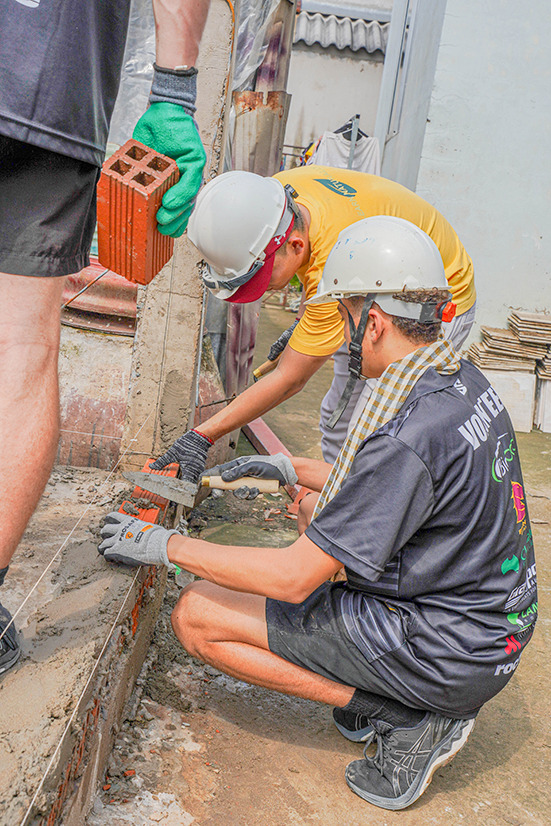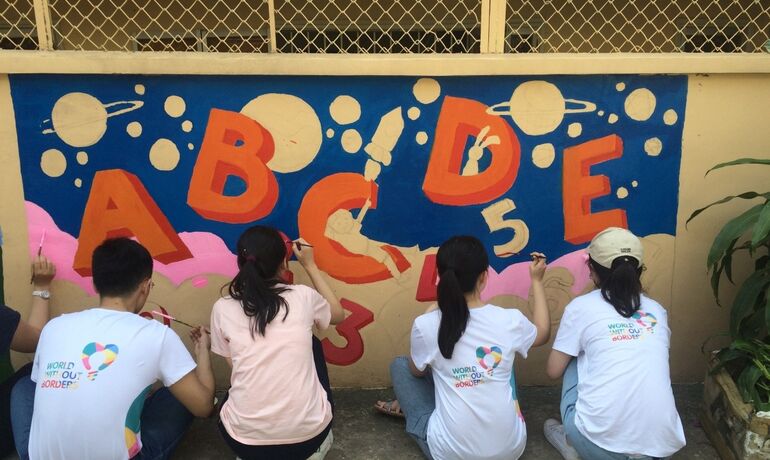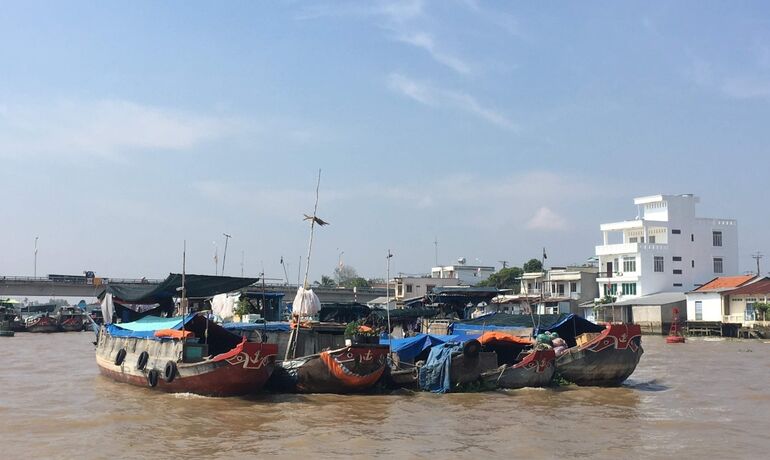
Service learning is an educational approach that combines academic learning with community service, emphasizing reflective thinking and civic responsibility. Vietnam, with its rich cultural heritage and diverse socio-economic landscape, offers unique opportunities for service learning.
Understanding Service Learning
Service learning integrates meaningful community service with instruction and reflection to enrich the learning experience, teach civic responsibility, and strengthen communities. Unlike traditional volunteer work, service learning ensures that the service activity is closely tied to the curriculum, enhancing both educational and community outcomes.
Why Vietnam?
Vietnam’s rapid economic growth, cultural richness, and ongoing social challenges make it an ideal location for service learning programs. Participants can engage in projects across various sectors, including education, healthcare, environmental conservation, and community development, addressing real-world problems and gaining profound insights.
Benefits of Vietnam Service Learning Programs
1. Cultural Immersion: Participants experience deep cultural immersion, living and working alongside local communities, which fosters cross-cultural understanding and global citizenship.
2. Personal Growth: Service learning promotes the development of critical life skills such as leadership, problem-solving, and communication, pushing participants out of their comfort zones and fostering personal growth.
3. Academic Enrichment: By applying classroom knowledge to real-world scenarios, participants deepen their understanding of academic concepts and gain practical experience.
4. Social Impact: Well-designed projects address specific community needs, ensuring that participants’ efforts lead to tangible, positive changes.
Key Service Learning Initiatives in Vietnam
1. Education and Literacy Programs: Programs focusing on education involve teaching English, providing tutoring, and developing educational materials, especially in rural areas with limited resources.
2. Healthcare Projects: Healthcare initiatives involve working in local clinics, conducting health workshops, and supporting public health campaigns to improve health literacy and access to medical care.
3. Environmental Conservation: Projects include reforestation, wildlife protection, and promoting sustainable agricultural practices, contributing to the conservation of Vietnam’s natural resources.
4. Community Development: Community development efforts range from infrastructure projects to economic empowerment programs, aiming to improve the quality of life for local residents.
Tips for Successful Service Learning in Vietnam
1. Learn Basic Vietnamese: Basic language skills can help bridge communication gaps and show respect for the local culture.
2. Be Culturally Sensitive: Respecting local customs, traditions, and norms is crucial for building trust and ensuring the success of your projects.
3. Prepare for the Climate: Vietnam’s climate can be challenging, so pack accordingly and stay hydrated, especially during the hot and humid seasons.
4. Build Relationships: Fostering relationships with community members and local organizations is key to a meaningful and impactful service learning experience.
5. Stay Flexible: Adaptability is important, as plans may change due to unforeseen circumstances.
6. Reflect and Document: Maintaining a journal or blog helps in reflecting on experiences and documenting the learning journey.
#servicelearning #vietnam #education #schooltrip





